Keywords: Catholic Health Australia
There are more than 200 results, only the first 200 are displayed here.
-

AUSTRALIA
What is often not expected or well understood is the effect of ‘lag time’ aftershocks in our regions following economic crisis. Lag time is an attribute of some rural, regional and remote communities and is most often seen in economically path dependent and single industry communities, many of which of course, comprise RRR Australia.
READ MORE 
-
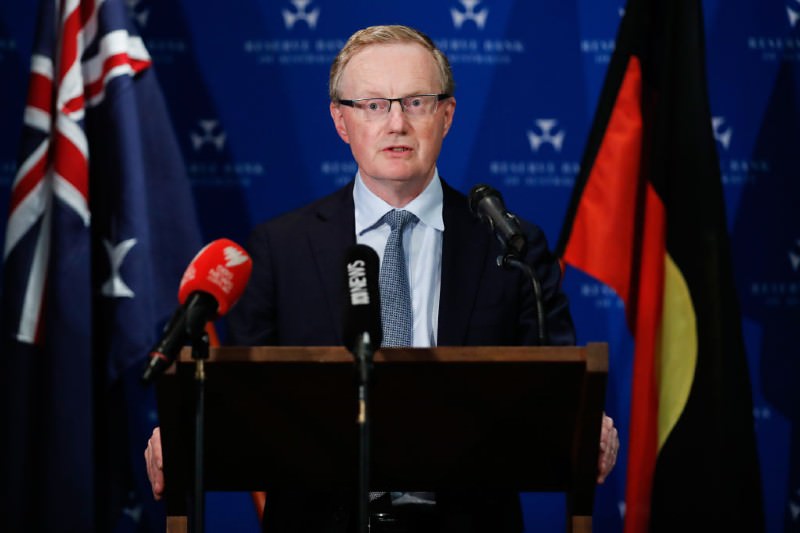
ECONOMICS
To date, most of the Morrison government’s economic packages could best be described as ‘economic welfare’. They are measures designed to limit the impact on the economy of the COVID-19 pandemic. The recovery phase will very much need to be about stimulating the Australian economy.
READ MORE 
-

FAITH DOING JUSTICE
- Carolina Gottardo
- 06 April 2020
6 Comments
The ability to work from home or social distance is a class issue. How do you practice social distancing in the slums of Lagos, the favelas of Rio or the shanty towns of Bogota, the city where I was born? Here in Australia, it’s not much different for refugees, people seeking asylum and migrants in vulnerable situations.
READ MORE 
-
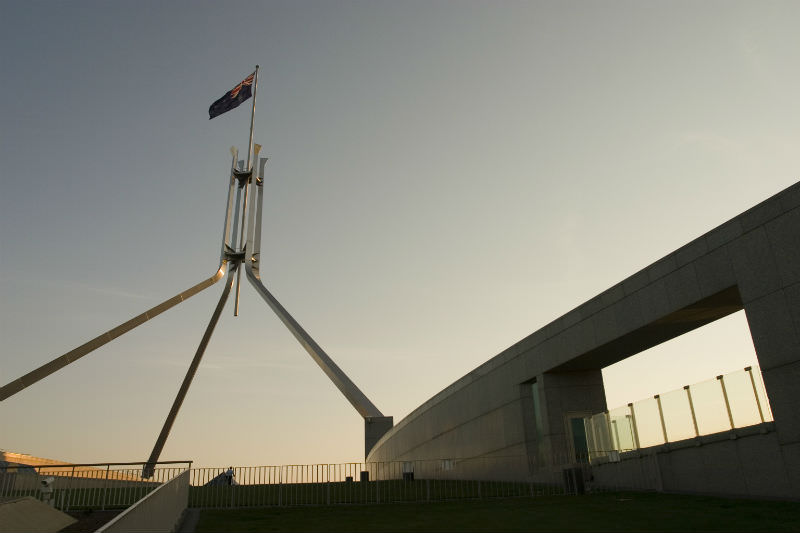
AUSTRALIA
- John Warhurst
- 23 March 2020
20 Comments
COVID-19 brings many tests. Amid the health, economic and financial crises brought about by the pandemic, our greatest test is to conduct ourselves as a robust democracy and to demonstrate that we are a fair society. Neither test will be easy to pass, but we must aim to emerge at the other end as a better society.
READ MORE 
-

RELIGION
- John Warhurst
- 25 February 2020
7 Comments
Approaches to governance are in flux within church agencies, sectors, dioceses and at the national level, either driven by the demands of state regulations or in response to the challenging new situation the church finds itself in. There is so much change going on that it is difficult to follow.
READ MORE 
-

EDUCATION
- Sol Kochi Carballo
- 20 January 2020
12 Comments
If you're a teacher, acknowledging that you most likely have an LGBTQ student can give a whole new sense to your sex-ed lessons. It means you understands you're not just teaching straight kids about gay sex, but helping the queer teen in your classroom make smart decisions.
READ MORE 
-
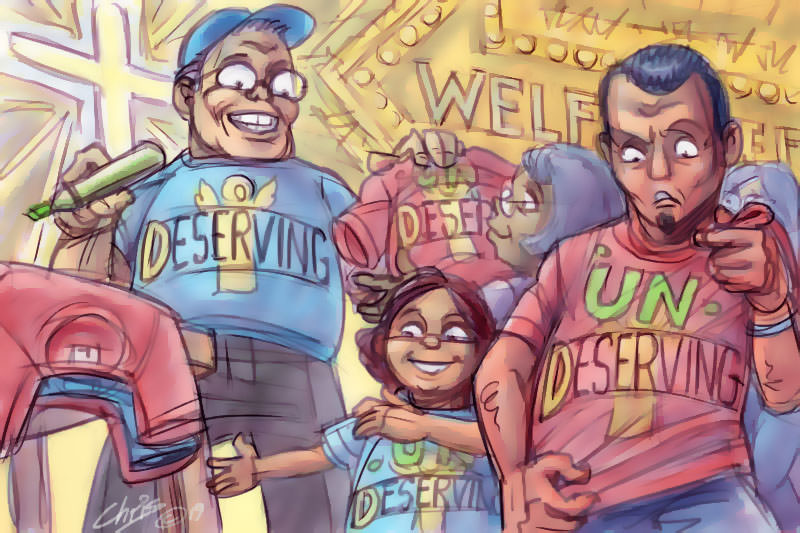
FAITH DOING JUSTICE
- Toni Hassan
- 29 November 2019
31 Comments
His government continues to support, with massive subsidies, extractive and exploitative industries that undeniably warm the planet and threaten the natural environment. How can this be a legitimate perspective as a publicly-confessing Christian? Why would this shepherd not want to move all of us to safer ground?
READ MORE 
-
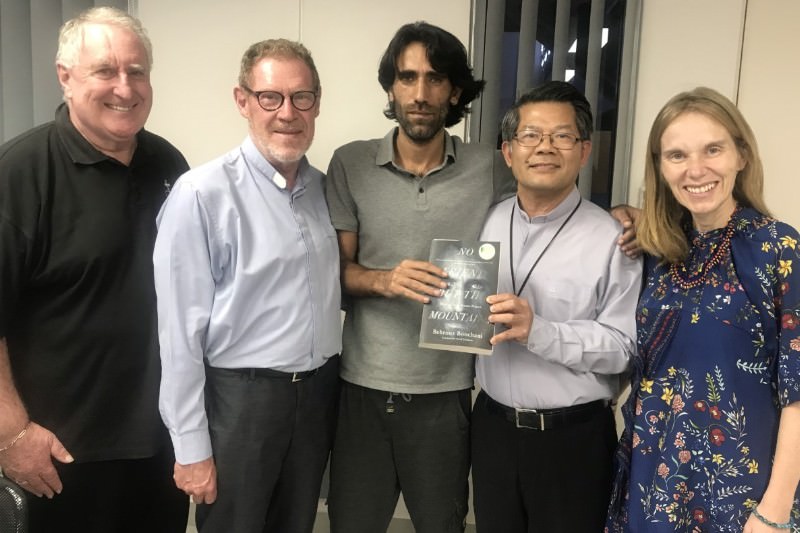
AUSTRALIA
- Joshua Lourensz
- 19 November 2019
5 Comments
'Refugees/not refugees — here it is all the same,' a man tells me with a shrug. There seems to be both recognition of the impossibility of the situation for all who have been left here — but also an attitude that no one should be left behind.
READ MORE 
-
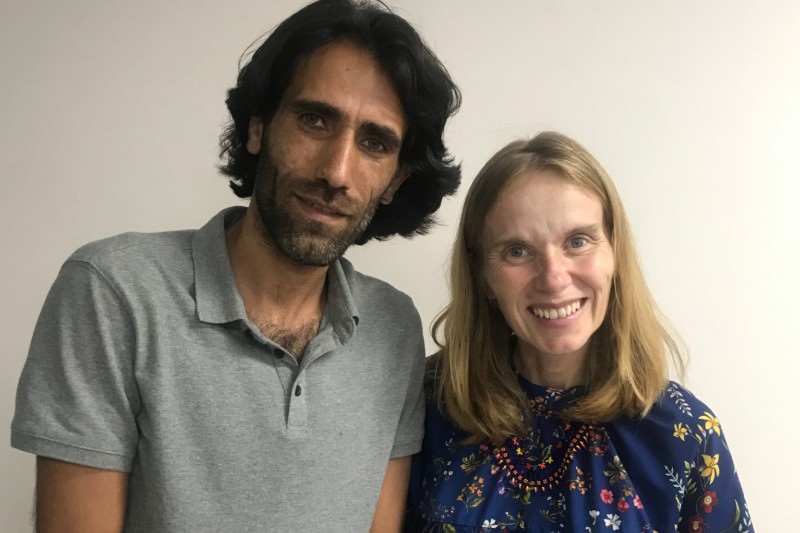
INTERNATIONAL
- Carolina Gottardo
- 18 November 2019
7 Comments
I recently visited Port Moresby as part of a delegation of Catholic leaders. I have worked with refugees and migrants for more than 20 years in different countries. I have been part of many serious and confronting human rights struggles. Nonetheless, I was not expecting what I saw and heard in PNG, and it deeply touched me.
READ MORE 
-

EDUCATION
- Stevie Troy
- 13 August 2019
12 Comments
This is the influence Christian schools retain under current legislation. Faith-based schools are given the right to maintain teachings around sexuality, but that shouldn't be given higher priority than students' wellbeing. It's why I fell through the gaps. It's why 13 years later I and the public health system are dealing with the consequences.
READ MORE 
-

FAITH DOING JUSTICE
- Andrew Hamilton and Madison Rosaia
- 26 July 2019
6 Comments
When devising policies for people on the margins, Australian governments seem always to settle on punitive measures. Although imprisonment has a place in penal policy, the focus should be on the persons who perpetrate crime and on those who are damaged by it. Penal policy is ultimately about ensuring just relationships.
READ MORE 
-

AUSTRALIA
- Joshua Lourensz
- 18 July 2019
17 Comments
Even during the brief six months I worked on Manus I saw a group of healthy, good-humoured men reduced to shadows. On this anniversary we must protest and mourn not only the toll on human life incurred by six years of offshore processing, but also the Frankenstein mechanisms through which this has all been enacted.
READ MORE 